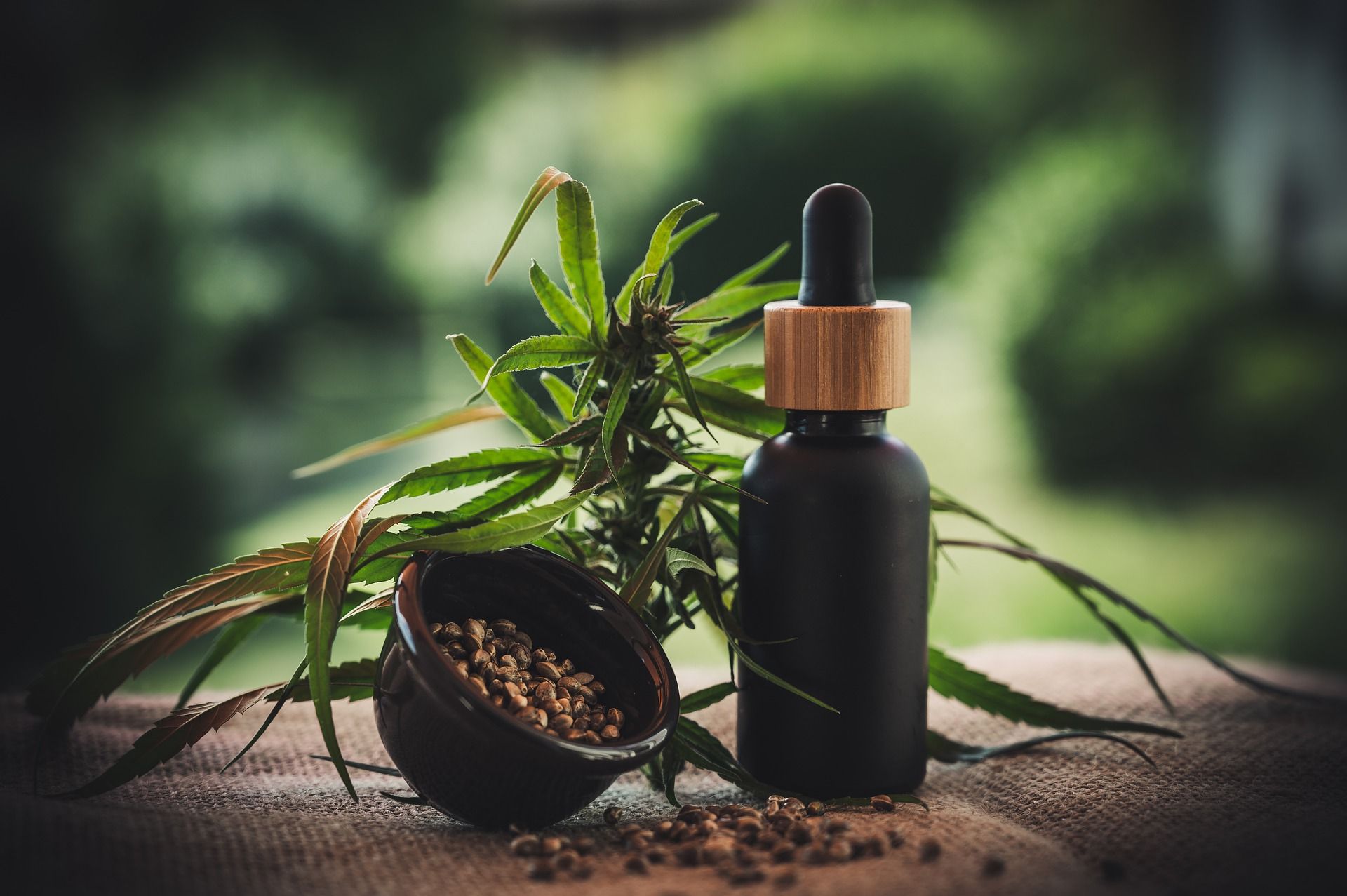When it comes to cannabis, most people are familiar with the heavy hitters—THC and CBD. But there’s another cannabinoid quietly gaining attention for its unique psychological profile: tetrahydrocannabivarin, or THCV. Known for its stimulating and clear-headed effects, THCV is now being studied for how it influences mood and anxiety compared to the more widely consumed cannabinoids. While research is still developing, consumer reports and early studies paint an interesting picture.
THC: The Double-Edged Sword of Euphoria and Anxiety
Tetrahydrocannabinol (THC) is the most famous psychoactive compound in cannabis. It binds strongly to CB1 receptors in the brain, creating the euphoric “high” many seek. For some, this effect enhances mood, sparks creativity, and relieves tension.
However, THC has a dual nature. At higher doses, it can also trigger racing thoughts, paranoia, or social unease. The reason lies in how THC overstimulates the brain’s endocannabinoid system, which can either calm or overwhelm depending on individual tolerance and context. Essentially, THC is a mood elevator that can also turn into an anxiety amplifier if consumed in excess.
CBD: The Non-Intoxicating Calmer
Cannabidiol (CBD) takes a very different route. Instead of strongly activating CB1 receptors, CBD indirectly interacts with the endocannabinoid system and other receptors like serotonin 5-HT1A. This mechanism is why many users describe CBD as grounding rather than intoxicating.
When it comes to anxiety, CBD often shines. Studies have shown it can help reduce stress responses in social situations and encourage relaxation without the cognitive fog THC sometimes brings. For mood, CBD’s effects are subtle—it may not deliver euphoria, but it promotes balance and steadiness that anxious individuals often find comforting.
THCV: The Energizer with a Twist
THCV sits in an intriguing middle ground. At low doses, it acts as a CB1 receptor antagonist, essentially blocking the same pathway THC uses to cause intoxication. This means small amounts of THCV may counteract THC’s tendency to cause anxiety or clouded thinking. At higher doses, THCV can flip and partially activate CB1, producing a lighter, more stimulating buzz often described as “clear-headed” and “motivating.”
Consumers report THCV’s mood effects as uplifting without the heavy sedation associated with some THC strains. For anxiety, the story is complex. Some users find THCV reduces jitteriness and helps with focus, while others notice it can feel too stimulating if they’re already prone to anxious thoughts. Think of it like caffeine—great for energy, but not always the best for calming nerves.
Comparing the Three
- Mood
- THC: Euphoric and creativity-enhancing, but can swing toward paranoia in high amounts.
- CBD: Neutral to uplifting; helps maintain emotional balance without intoxication.
- THCV: Energizing and motivating; mood-brightening with mental clarity.
- Anxiety
- THC: Relief for some, but can worsen anxiety depending on dose and sensitivity.
- CBD: Generally calming and well-tolerated, reducing social or situational stress.
- THCV: Mixed—may buffer THC’s anxious edge but could overstimulate sensitive users.
The Takeaway for Consumers
For cannabis consumers curious about mood and anxiety management, each cannabinoid offers something different. THC is powerful but unpredictable. CBD is steady, gentle, and reliable for calming effects. THCV, the newcomer, brings an energizing twist that may appeal to those looking for clarity and motivation, though it may not be the best choice for people with high baseline anxiety.
The interplay between these cannabinoids is also worth noting. Some consumers intentionally combine THCV with THC to soften anxiety while keeping a sense of alertness, or pair THCV with CBD for balance and focus.
As research progresses, the distinct role of THCV in shaping mood and anxiety will become clearer. For now, thoughtful experimentation and careful dosing remain key to finding what works best for each individual.

